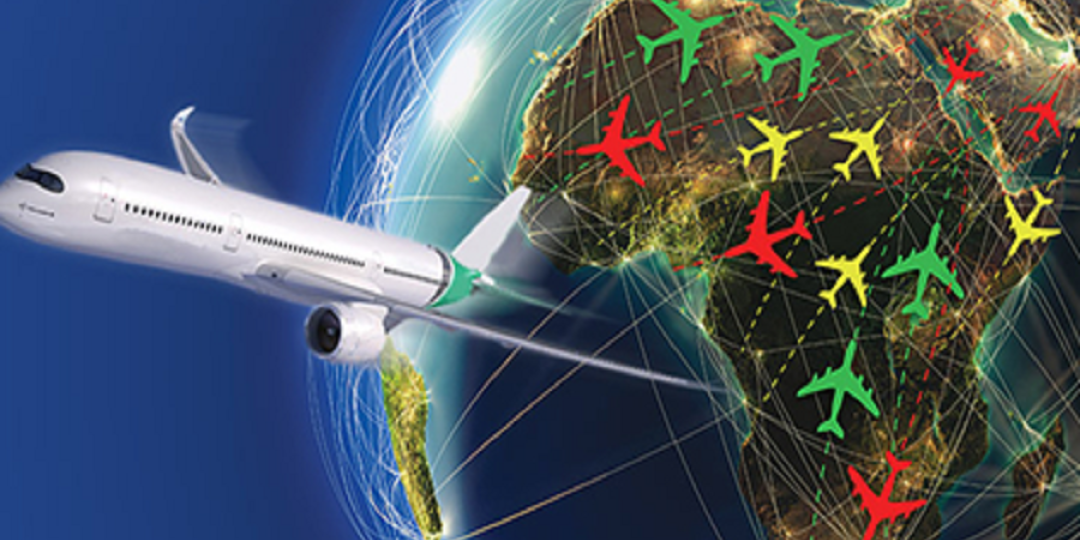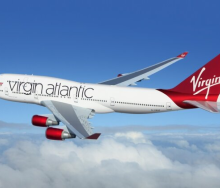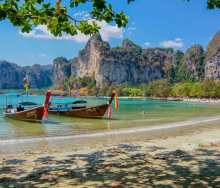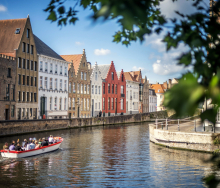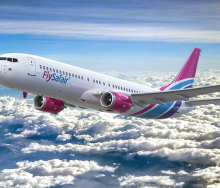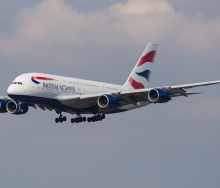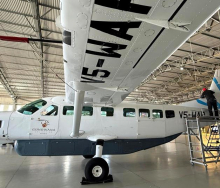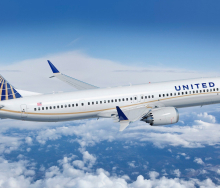Iata forecasts that African airlines are set to lose US$2bn (R34,5bn) this year, and that the industry is at risk of collapse without urgent financial relief, according to the organisation. In a media briefing, the airline association urged African governments to “unblock bottlenecks” for urgently needed relief to reach the air transport and tourism industry.
Iata says international finance bodies and other institutions, including the African Development Bank, African Export Import Bank, African Union and the International Monetary Fund, have pledged aid for air transport and tourism. However, much of the relief is yet to reach those in need due to institutional bureaucracy, complex application and creditworthiness processes, and cumbersome conditions to secure finance.
Miles van der Molen, ceo of CemAir, told Travel News: “The collapse of passenger traffic is unprecedented, and has surprised everybody in how deep it cut and how long it’s lasted. There’s a very slow recovery in Africa, with other continents seeing a faster recovery. In South Africa, it’s pretty static right now.
Miles said although he didn’t think the concept of financial aid was bad, it could be selective in Africa. “We have seen on the continent that generally only state airlines get help, and everybody else is just left to burn. On that basis, I would not support financial assistance, because it is going to be skewed. If it was even-handed, I think it would be in the best interest of the industry in the long-term. But what we’re seeing here, for example, is R10bn to SAA, but for Comair it’s just ‘toughies’. Since we aren’t getting anything, why would we vote for the other side to get something?”
He added that support didn’t need to be in the form of an aid package. “There can be fee relaxations, or there can be rule relaxations to allow leisure travel. We are in an odd situation now where you can do intra-provincial leisure travel, but not (leisure trips) by air.” He said this was not a huge issue in Gauteng, but the Western Cape was different. “Cape Town to Plett (both in the Western Cape) was a route of ours, Cape Town to George (ditto) was Airlink’s route – and there was a leisure market. Why can you go by car, bus, train, or taxi, but not by air?”
Last week, Iata said for 2020, global passenger numbers were expected to decline by 55% compared with 2019, worse than the April forecast of a 46% decline.
Kirby Gordon, head of sales and distribution at FlySafair, told Travel News that those numbers were possibly optimistic for South Africa in particular. “During lockdown in South Africa we had 0% of our revenue across the board, and there are still operators who are achieving 0%. As it stands right now, the local market is only operating at 6% of the seats we had last year. It’s been a 94% loss up until now. It all depends on what happens in the coming months and if they do open up leisure, for example, but if all restrictions were lifted tomorrow, I don’t expect we’d see an immediate recovery.”
Kirby said airlines’ recovery would depend on restrictions being lifted, consumer confidence, and consumers’ disposable income. “Interest rates are currently low for consumers, but it doesn’t mean people have money, or leave, to be able to travel.”
According to Iata, air transport combined with the travel and tourism value chain support the livelihood of 24,6m people across the continent, contribute US$169bn (R2,87bn) to Africa’s economy. This represents 7,1% of the continent’s GDP.
